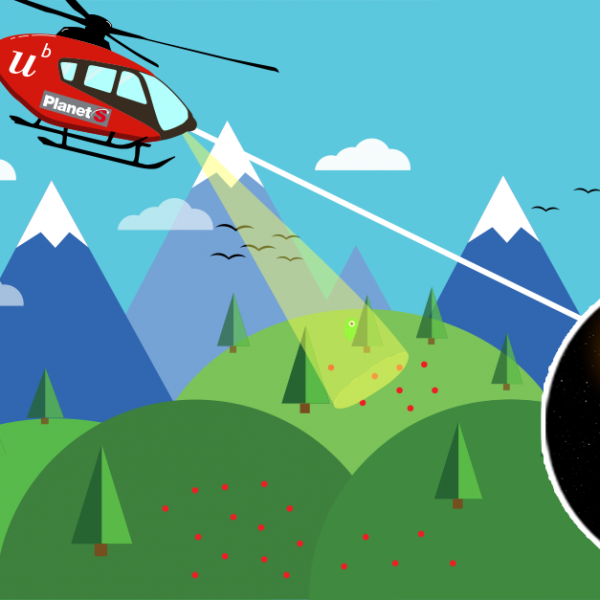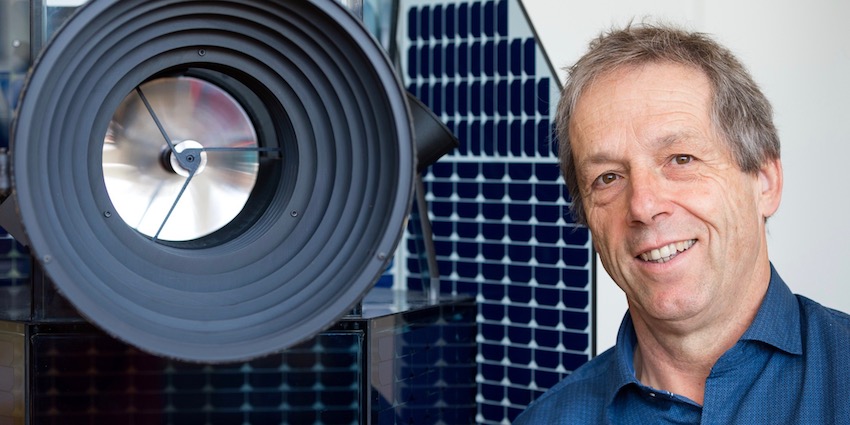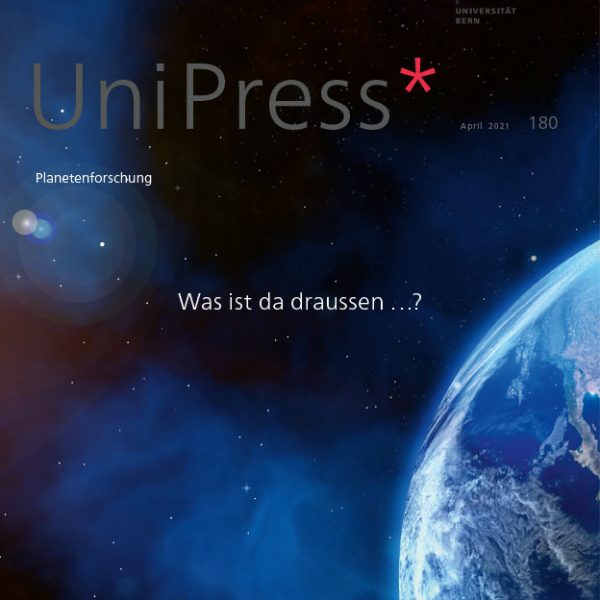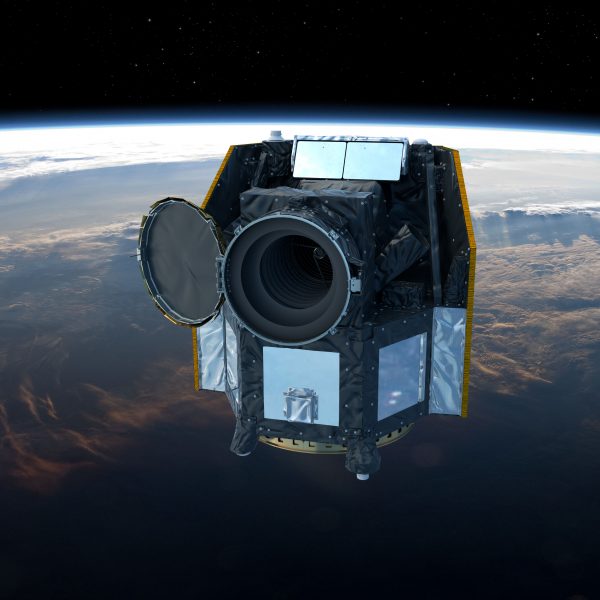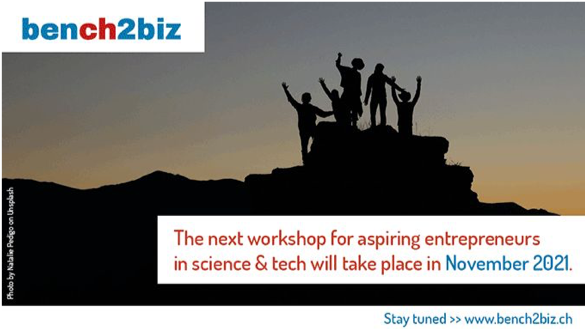News
Scientists detect signatures of life remotely
It could be a milestone on the path to detecting life on other planets: Scientists under the leadership of the University of Bern and of the National Centre of Competence in Research (NCCR) PlanetS detect a key molecular property of all living organisms from a helicopter flying several kilometers above ground. The measurement technology could […]
Continue ReadingImpulse programme «Swiss Innovation Power»
Innosuisse co-funds innovation projects that companies and private and public institutions conduct jointly with research partners in Switzerland. Conditions for companies (called implementation partners) for projects have been relaxed due to the Covid, from January 2021 until the end of 2022. Eased financial terms for innovation projects are intended to help SMEs maintain their innovative […]
Continue Reading“Science fiction writers imagine similar things to scientists”
The relationship between science and science fiction has changed significantly in recent years. And they influence each other, as Dr. Zoë Lehmann Imfeld, a literary expert on science fiction from the University of Zurich, told PlanetS in an interview. Astronomers discover new planets far out in space. And they are delivering fascinating research results on […]
Continue Reading“I just became incredibly tough”
At the age of 32, Judit Szulágyi convinced the European Research Council to fund her research on planet and moon formation. With that, she also takes over leadership of a PlanetS project. Even though her fast track career makes it seem so, getting this far was not always easy. As most, Judit Szulágyi currently works […]
Continue ReadingEditorial
Dear Reader In this issue of the Observer, we wished to be closer and more personal than usual. In particular, we would like to introduce the people responsible for the day-to-day operations of our CHEOPS satellite. Their daily work, essentially from home during this pandemic time, provides the rest of us with a stream of […]
Continue ReadingWhat PlanetS scientists think about science fiction
Scientists who like science fiction. A no-go? Or perhaps the opposite? We talked to five scientists from the NCCR PlanetS about their relationship with science fiction and how they assess the influence of science on science fiction and vice versa. Dr. Vincent Bourrier Assistant Professor, Observatoire de Genève, Département d’Astronomie, Université de Genève What […]
Continue ReadingWhat’s out there? – UniPress in space
More than 4000 planets have already been discovered since Michel Major and Didier Queloz tracked down the first exoplanet orbiting a sun-like star in 1995 – triggering a revolution in astronomy. With the National Center of Competence in Research NCCR PlanetS, Switzerland is at the forefront of this adventure, as the current issue of the […]
Continue Reading1 year of operations : Meet the CHEOPS science operations team
To ensure the smooth running of the CHEOPS mission once the satellite is in orbit, operations have been split in two parts : Science Operations in Switzerland with the Scientific Operations Centre (SOC) in Geneva and the Instrument Team in Bern, and the Mission Operations Centre (MOC) in Torrejón, Spain, which is in charge of communication […]
Continue ReadingBench2Biz 2021: save the date!
Bench2biz is a partnership between NCCR academic actors in high-technology fields to support aspiring entrepreneurs to determine rapidly the commercial merit of their idea or invention and offers a unique training within the entrepreneurial training market. More details can be found on the dedicated website https://bench2biz.ch. Participants profit from an objective analysis of their very […]
Continue ReadingExoplanets PhD positions in Geneva
The exoplanet team of the University of Geneva has an opening for two PhD positions to work on detection and characterization of exoplanets through high-precision radial velocity measurements. Focusing on the low-mass range of exoplanets and using the high-precision spectrographs CORALIE, HARPS, HARPS-N, ESPRESSO, and NIRPS, Geneva exoplanets team is strongly involved in blind radial-velocity surveys as well as in the follow-up of transiting […]
Continue Reading
